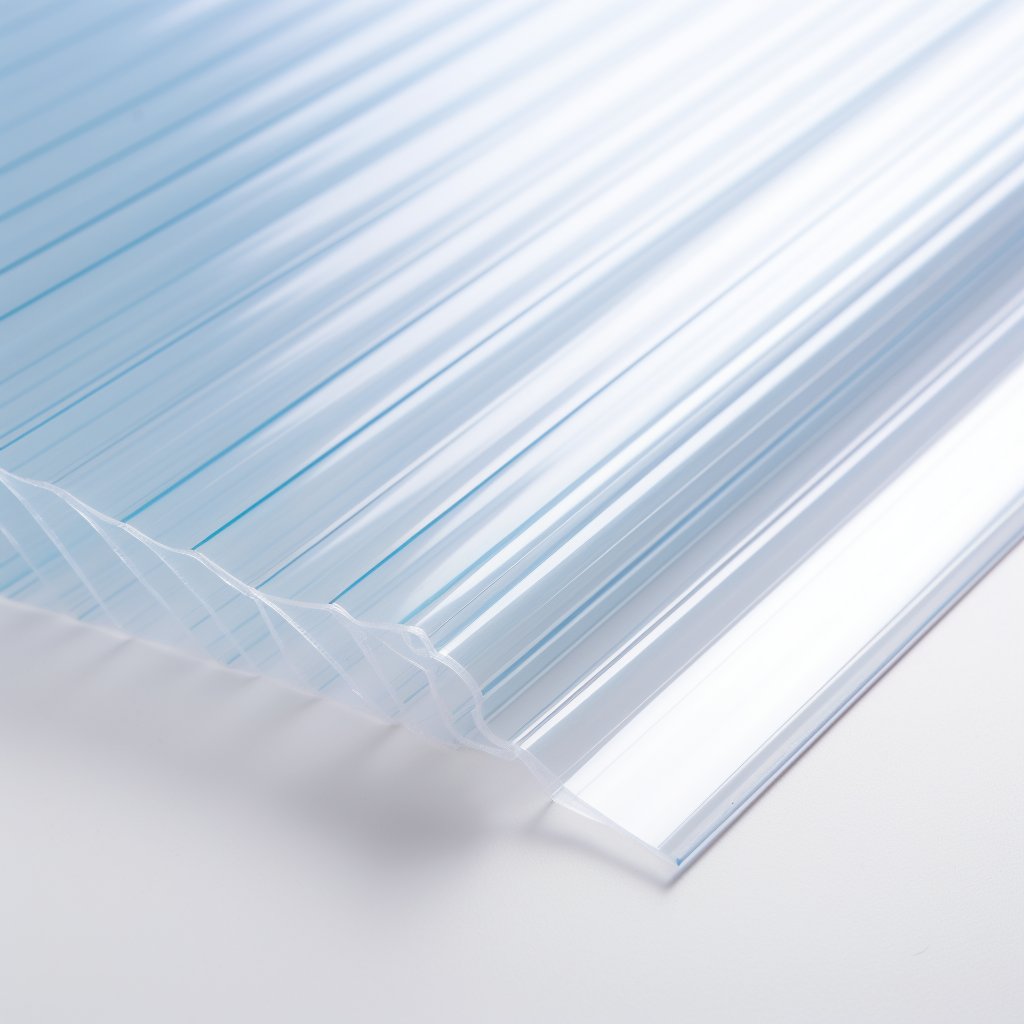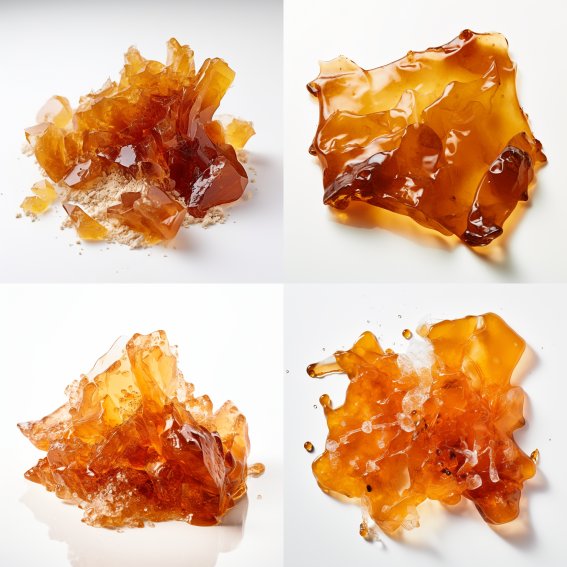Futuran: Properties, Applications, and Sustainability
Faturan was first developed in the Ottoman Empire in the 17th century. It was used to make a variety of objects, including smoking pipes, chess pieces, and prayer beads. Faturan was popular due to its unique properties and was exported to other parts of the world, including Europe and Asia.
Faturan is a unique and durable plastic that has been used for centuries in the production of jewellery, decorative items, and household objects. Despite its long history, Faturan remains relatively unknown outside of specialised circles such as the plastics industry, recycling industry, and academic research.

What is Faturan?
Faturan is a plastic material that was first developed in the Ottoman Empire in the 17th century. It is made from a combination of natural resins, including amber, copal, and shellac, as well as fillers such as chalk or clay. Faturan is a hard and durable plastic that is resistant to heat, chemicals, and moisture.
Material Properties:
Faturan has unique material properties that make it an ideal choice for certain applications. It is a hard plastic that is resistant to scratches and abrasion. Its high melting point makes it resistant to heat and allows it to retain its shape at high temperatures. Faturan is also resistant to chemicals and moisture, making it ideal for harsh environments.
Industrial Usage:
Faturan is still used in the plastics industry today, although it was once more widely used. It is used to make a variety of products, including combs, buttons, and jewellery. Faturan is also used in the production of industrial products such as gears, bearings, and electrical insulation.
Application Areas:
Faturan is used in a variety of application areas, including:
- Jewellery: Faturan is used to make jewellery due to its durability and unique appearance.
- Consumer Products: Faturan is used to make a variety of consumer products, such as combs, buttons, and chess pieces.
- Industrial Products: Faturan is used to make industrial products such as gears, bearings, and electrical insulation.
- Medical Devices: Faturan is used in the production of medical devices due to its resistance to heat, chemicals, and moisture.
Consumer Product Examples:
Faturan is used in a variety of consumer products, including:
- Combs: Faturan combs are durable and resistant to scratches and abrasion.
- Buttons: Faturan buttons are durable and can be made in various colours.
- Chess Pieces: Faturan chess pieces are popular due to their unique appearance and durability.
Recycling:
Faturan is not widely recycled due to its limited availability and unique properties. However, some companies have begun exploring ways to recycle Faturan and use it in new products.
Faturan is not widely recycled due to its limited availability and unique properties. However, some companies have begun exploring ways to recycle Faturan and use it in new products. The process of recycling Faturan involves several steps:
- Collection: Faturan waste is collected from various sources, such as manufacturers, consumers, and waste management facilities.
- Sorting: The collected Faturan waste is sorted and separated from other materials such as metal, glass, and paper.
- Cleaning: The sorted Faturan waste is cleaned to remove any contaminants such as dirt, dust, and other impurities.
- Shredding: The cleaned Faturan waste is shredded into small pieces to facilitate further processing.
- Melting: The shredded Faturan waste is melted and processed into new products such as combs, buttons, and jewellery.
Advantages of Faturan Recycling:
- Reduces Waste: Recycling Faturan reduces the amount of waste that goes into landfills, which helps to preserve the environment.
- Energy Savings: Recycling Faturan saves energy compared to producing new Faturan from raw materials.
- Cost Savings: Recycling Faturan can be cost-effective compared to producing new Faturan from raw materials.
Disadvantages of Faturan Recycling:
- Limited Availability: Faturan waste is not widely available, which makes it difficult to recycle on a large scale.
- Technical Challenges: Recycling Faturan can be challenging due to its unique properties and the need for specialized processing equipment.
Environmental and Global Impact:
Recycling Faturan can positively impact the environment by reducing the amount of waste that goes into landfills and conserving natural resources. However, the global impact of Faturan recycling is limited due to its limited availability and the small market for Faturan products. Additionally, recycling Faturan alone may not be enough to address the more significant environmental challenges posed by plastics and other materials.
Advantages and disadvantages
Advantages of Faturan:
- Durability: Faturan is a hard and durable plastic that is resistant to scratches and abrasion.
- Heat Resistance: Faturan has a high melting point, which makes it resistant to heat and allows it to retain its shape at high temperatures.
- Chemical Resistance: Faturan is resistant to chemicals and moisture, which makes it ideal for use in harsh environments.
- Unique Appearance: Faturan has a unique appearance that makes it popular for use in jewellery and other decorative items.
Disadvantages of Faturan:
- Limited Availability: Faturan is less widely available than other plastics, which can make it more expensive and harder to source.
- Limited Versatility: Faturan is less versatile than other plastics, which means it cannot be used in all applications.
Recycling:
Faturan is not widely recycled due to its limited availability and unique properties. However, some companies have begun exploring ways to recycle Faturan and use it in new products.
Faturan is not widely recycled due to its limited availability and unique properties. However, some companies have begun exploring ways to recycle Faturan and use it in new products. The process of recycling Faturan involves several steps:
- Collection: Faturan waste is collected from various sources, such as manufacturers, consumers, and waste management facilities.
- Sorting: The collected Faturan waste is sorted and separated from other materials such as metal, glass, and paper.
- Cleaning: The sorted Faturan waste is cleaned to remove any contaminants such as dirt, dust, and other impurities.
- Shredding: The cleaned Faturan waste is shredded into small pieces to facilitate further processing.
- Melting: The shredded Faturan waste is melted and processed into new products such as combs, buttons, and jewellery.
Advantages of Faturan Recycling:
- Reduces Waste: Recycling Faturan reduces the amount of waste that goes into landfills, which helps to preserve the environment.
- Energy Savings: Recycling Faturan saves energy compared to producing new Faturan from raw materials.
- Cost Savings: Recycling Faturan can be cost-effective compared to producing new Faturan from raw materials.
Disadvantages of Faturan Recycling:
- Limited Availability: Faturan waste is not widely available, which makes it difficult to recycle on a large scale.
- Technical Challenges: Recycling Faturan can be challenging due to its unique properties and the need for specialized processing equipment.
Market Price Developments:
The market price for Faturan can vary depending on availability and demand. Due to its limited availability, Faturan can be more expensive than other plastics.
Future Market Prognosis:
The future market for Faturan is still being determined. While it has a unique appearance and durability that make it popular for use in jewellery and decorative items, its limited availability and versatility may make it less attractive to manufacturers. However, as companies continue to explore ways to recycle and repurpose plastics, there may be new opportunities for Faturan.
Faturan:
Faturan is a unique plastic material that has been used for centuries due to its durability, and resistance to heat, chemicals, and moisture. It is used in a variety of application areas, including jewellery, consumer products, industrial products, and medical devices. Although it is not as widely used as it once was, Faturan is still used today in a variety of products.
While Faturan has unique properties that make it attractive for certain applications, its limited availability and versatility may make it less attractive to manufacturers. However, as companies continue to explore ways to recycle and repurpose plastics, there may be new opportunities for Faturan in the future.






